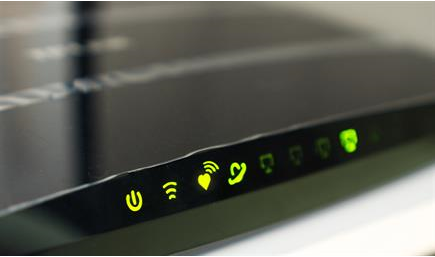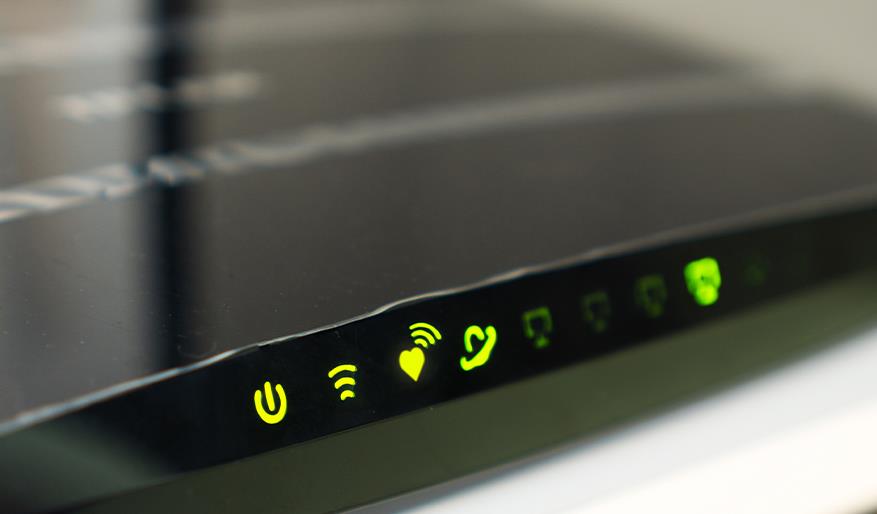Our Doctors
Meet all the doctors from Cleveland Clinic Abu Dhabi.
View Doctors
What’s a normal heart rate and what’s cause for concern?

Our hearts beat constantly, pumping blood around the body, carrying essential oxygen to our organs. The rate at which our hearts beat is in fact a measure of the contractions of its chambers as they squeeze the blood into our arteries. And the rate at which these beats occur is carefully controlled by an extraordinary electrical system.
The electrical system controlling your heart is an incredible power source that works in perfect harmony with your body. An impulse starts in the body’s own pacemaker, known as the sinoatrial (SA) node, which is located on the right side of the heart. The electrical activity spreads across the heart, causing a contraction in the upper chambers (the atria). Another cluster of cells in the center of the heart, called the atrioventricular (AV) node, then acts to slow the electrical signal, ensuring the atria are closed, before forcing blood into the lower chambers (the ventricles). A final impulse is then sent, via a pathway of fibers in the heart’s muscular walls (known as the His-Purkinje network), which forces the blood out into the body.
Sound complex? That is probably because it is, but these amazing electrical systems work hard to ensure the correct rate and rhythm of our heartbeat is set, so our body always has just the right amount of blood pumping. At rest, the SA node causes the heart to beat anywhere between 50 and 100 times per minute. If we exercise or do something that causes a sudden burst of exertion, our body responds by increasing the frequency of electrical pulses, causing our heart to beat faster and to pump more oxygen-rich blood around the body. It also knows when we return to a state of rest and responds by decreasing the frequency of the impulses.As unexpected upset to this normal rhythm can be alarming, especially if a sudden increase is experienced when we aren’t expecting it. So how can we tell what is normal, and what is a cause for concern?
Types of Arrythmia
An abnormal heart rhythm is known as arrythmia. There are several different types, resulting in both increases and decreases of rate:
Harmless changes
Most changes in the heart’s electrical system, that result in a change in heart rate, are harmless and occur in normal, healthy hearts regularly. If we exercise, our organs need more oxygen, so the heart rate is increased to meet the demand. A change in rhythm can also be caused by certain substances, such as caffeine, nicotine, alcohol, or certain medications, including everyday cough and cold remedies. Reactions to certain emotions such as shock, fright or stress can also cause irregular heart rhythms – a feeling that the heart has ‘skipped a beat’.
When to be concerned
Any change in heart rate that is recurrent or comes on very suddenly or is unusual, should always cause concern. If you notice a change in your heart rate and it is accompanied by any other symptoms, such as pain in the chest or dizziness, always tell your doctor immediately.
If you or anyone in your family has a history of heart conditions, then a change in rhythm should also be investigated by a doctor. This includes you or any immediate family members living with any form of heart defect, or any history of heart attack or heart disease. If you have high blood pressure, high cholesterol or you have ever had previous heart surgery, talk to a doctor immediately. If you notice a sudden change.
The electrical system that controls our heart’s rhythm is an incredible system that works flawlessly. But any change that isn’t in response to any of the activities mentioned above should always be investigated by a doctor.